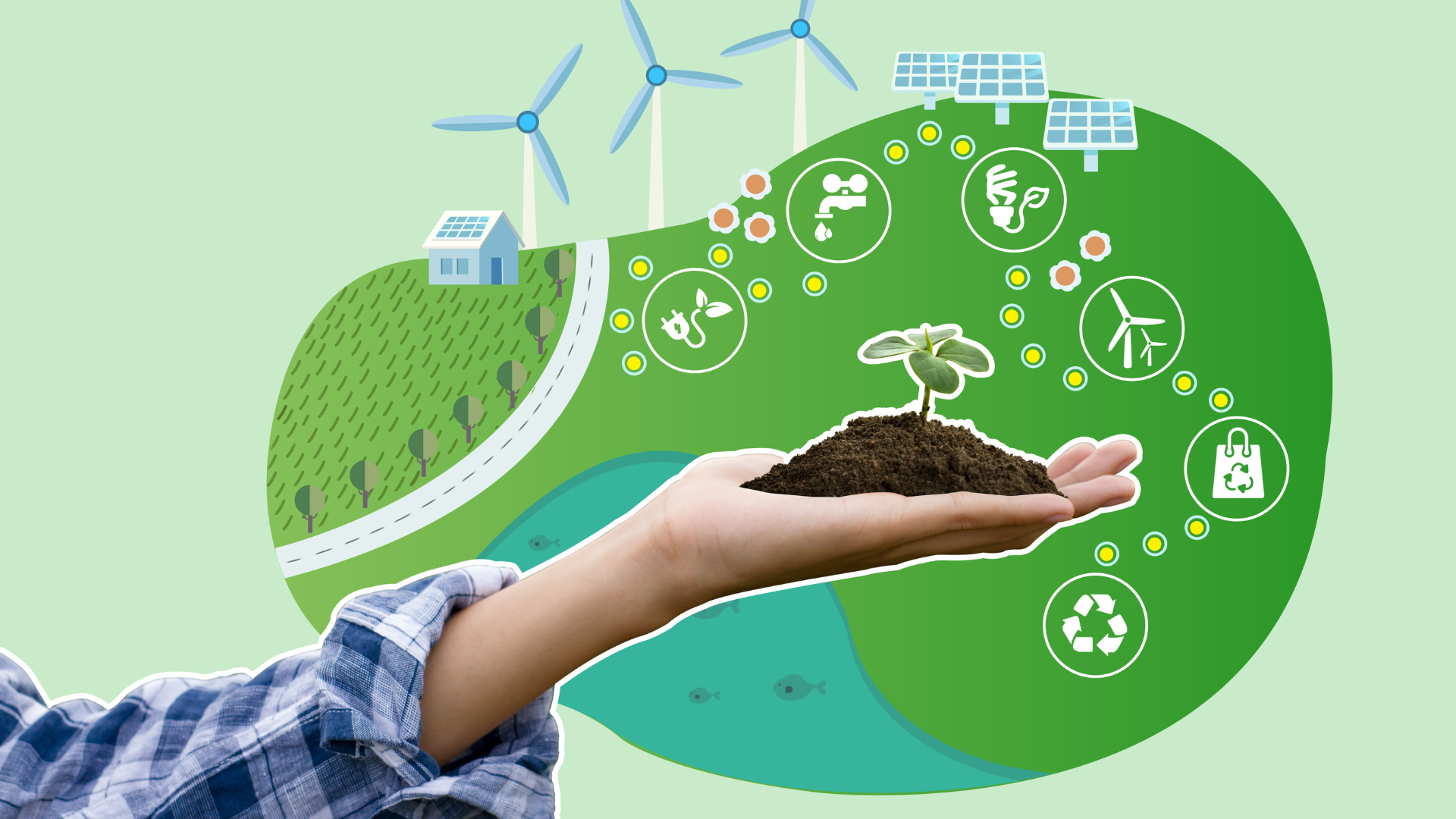Renewable energy has emerged as a key player in the global energy transition, aiming to combat climate change and reduce dependence on fossil fuels. Over the past decade, significant progress has been made in renewable technologies, making them increasingly competitive and viable alternatives. As we look ahead the next 10 years, we can anticipate remarkable advancements in renewable energy that will shape a sustainable and cleaner future for our planet. In this article, we will explore specific breakthroughs and developments that are likely to revolutionize the renewable energy landscape.
- Solar Power:
- Solar power has experienced tremendous growth and cost reduction in recent years, and this trend is set to continue. In the next decade, we can expect the following advancements:
- Increased efficiency: Scientists and engineers are working on improving the efficiency of solar panels through innovative technologies. Perovskite solar cells, for instance, show promise in achieving higher conversion rates and lower manufacturing costs.
- Energy Storage Integration: One of the main challenges with solar power is its intermittent nature. However, advancements in energy storage technologies, such as grid-scale batteries and hydrogen storage, will enable better integration of solar power into the grid, providing reliable and round-the-clock electricity supply.
- Building-integrated solar solutions: Building materials infused with solar technology, such as solar windows and solar roof tiles, will become more commonplace. These innovations will allow structures to generate electricity while maintaining aesthetic appeal.
2. Wind Power:
Wind power has established itself as a leading renewable energy source. Looking ahead, we can expect several key advancements in wind energy:
- Offshore wind expansion: Offshore wind farms offer vast potential for generating clean energy. Over the next decade, we will witness a significant expansion of offshore wind projects, benefitting from improved turbine technology, larger rotors, and better grid connections.
- Floating wind turbines: Floating wind turbines, deployed in deeper waters, will become more prevalent. These turbines will harness the stronger and more consistent winds available in deeper offshore areas, opening up new possibilities for wind power generation.
- Increased efficiency and durability: Ongoing research and development efforts will enhance the efficiency and durability of wind turbines. Advanced materials, such as carbon fiber, and improved aerodynamics will enable turbines to capture more energy while withstanding harsh weather conditions.
3. Energy Storage
- Energy storage systems play a vital role in overcoming the intermittent nature of renewable energy sources. In the next decade, we can expect significant advancements in this field:
- Lithium-ion battery improvements: Lithium-ion batteries, widely use in electric vehicles and energy storage, will witness further advancements. Innovations in battery chemistries, such as solid-state batteries and lithium-sulfur batters, will lead to increased energy density, longer lifespans, and faster charging capabilities.
- Flow batteries: Flow batteries, which store energy in liquid electrolytes, will become more prevalent for large-scale energy storage applications. These batteries offer longer duration storage and can be easily scaled up, making them ideal for stabilizing renewable energy generation.
- Hydrogen storage: Hydrogen, produced through renewable sources, will play a crucial role in long-term energy storage. Advancements in hydrogen production, transportation, and utilization will enable its integration into various sectors, including industry, transportation, and power generation.
4. Grid Integration and Smart Technologies:
- Efficient integration of renewable energy into the existing grid infrastructure is essential for a sustainable future. In the next decade, we can expect significant advancements in grid management and smart technologies:
- Advanced grid infrastructure: Grids will undergo upgrades to accommodate higher penetration of renewable energy sources. Smart grids equipped with real-time monitoring advanced sensors, and intelligent control systems will enhance grid stability and enable optimal utilization of renewable energy.
- Demand response and energy management: The integration of smart meters and energy management systems will enable demand response programs. Consumer will have greater control over their energy usage, allowing them to adjust their consumption based on renewable energy availability and pricing signals.
- Artificial intelligence and machine learning: Advanced algorithms and machine learning techniques will optimize renewable energy generation, storage, and consumption. AI-based forecasting models will improve renewable energy predictability, enabling better grid planning and efficient allocation of resources.
The next 10 years hold immense promise for renewable energy. With ongoing advancements in solar power, wind energy, energy storage, and smart technologies, we can anticipate a significant transformation of the global energy landscape. These breakthroughs will lead to increased efficiency, reduced costs, and improved reliability, making renewable energy a dominant force in the fight against climate change and a sustainable future for generations to come.






